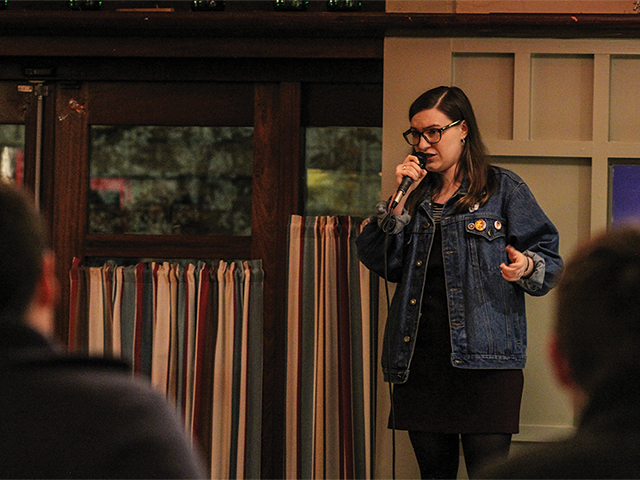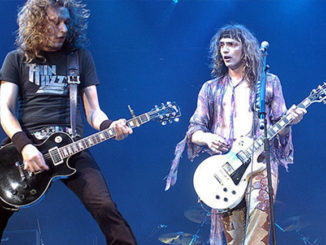
[dropcap]P[/dropcap]ushing the boundaries has always been a comedians bread and butter, but how far can a joke go before it becomes too offensive?
Comedians are often expected to be controversial and stir-up some drama with their newest material. They provide the shock factor in order to get a reaction from the audience, which is a major component of comedy. Testing the waters with the audience has always provided an indication if a joke is taken well or not. It is easy to understand that someone may be offended by a comedians lack of sensitivity towards a particular topic, but that doesn’t necessarily mean they will offend every member of the audience. This is a subjective part of comedy, deciding what jokes warrant offence has always been tricky and we are still trying to figure it out.
It is quite difficult to please everyone, especially in the comedy world. While one person may find a joke outrageously funny, another may find it rude and extremely offensive. Many argue that if you don’t like that sort of humour then don’t go to see it. But that has been made impossible due to social media with people sharing and live tweeting during shows.
It’s no longer just a dark, smoke-filled comedy club, now it’s all out in the open and served on a platter for public critique. However, if we defend comedians with freedom of speech then the same must be done for the audience, they have a right to critique and question everything. In 2016, Ted Balaker directed “Can We Take a Joke?”, a documentary interviewing some of America’s leading comedians. Adam Carolla an American comedian/ podcaster said: “There’s a lot of people out there whose job it is to be offended for other people”.
Comedians poking fun at tragic events has been an ongoing controversy and stirred up debates on comedy’s relationship with freedom of speech. Although they are telling offensive jokes, it is evident that they are not promoting hate or violence. Once a serious joke has been made, comedians need to get ready for the backlash from their followers and the media. It is not a comedian’s job to please everyone, they are supposed to push boundaries and discuss topics people are scared to talk about.
“It’s almost like people have gotten soft,” said Karith Foster, a comedian featuring in the “Can We Take a Joke?” documentary. We live in a society where communication is a constant necessity. Comedians relay these horrible events through humour and when they receive back-lash at least they know not to tell that particular joke again.
A study by the University of Colerado-Boulder professor Peter McGraw tested how long after a tragedy you can joke about it. McGraw examined people’s reactions to Hurricane Sandy and discovered it takes 36 days after a tragedy before jokes about a tragedy become funny.
“We find that temporal distance creates a comedic sweet spot. A tragic event is difficult to joke about at first, but the passage of time initially increases humour as the event becomes less threatening. Eventually, however, distance decreases humour by making the event seem completely benign.” McGraw said.
Some comedians are more controversial than others, for example, Jimmy Carr. Being described as the “Master of Outrage” by NME, Carr creates controversy at almost every show but has also apologised for jokes in the past. Ricky Gervais has also received major backlash over the last few years. In 2017 Gervais joined a Twitter meme discussion about “things you can say both during sex and during a funeral”, replying with “AIDS?”
The famous comedian received a copious amount of backlash from both the media and The National AIDS Trust. Gervais defended his humour and took to Twitter to say “I don’t hold the same worldview as my jokes. Most people get that.” According to NME, earlier that year Gervais defended himself once again after receiving criticism for making a joke about a dead baby.
Gervais saying “Is there any subject you shouldn’t joke about?” is no less ridiculous a question than “Is there any subject you shouldn’t talk about?”. Gervais has shown that we shouldn’t be afraid to discuss things people wouldn’t dare to say in real life, but people aren’t quite at his level yet.
Comedians take inspiration from the real world, with real problems and simply strip it down and make it humorous and relatable. It is important to note that it is comedy, it’s meant to be funny, it is not meant to be taken too seriously. Comedy allows us to laugh at things we never thought we would.


